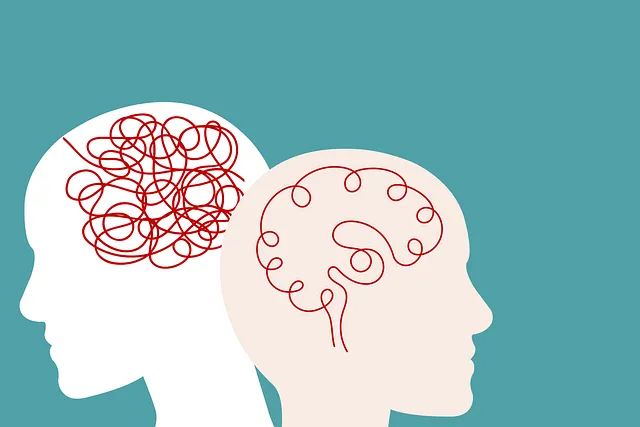Broomfield Kaiser Permanente mental health services integrate mental wellness journaling for improved overall well-being, reducing depression and anxiety symptoms, and aiding physical healing. Culturally sensitive approaches cater to diverse populations' unique needs. They promote journaling through workshops and guidance, encouraging personalized routines with prompts for reflection. Free-flowing writing techniques help process experiences, enhance emotional awareness, and support personal growth through introspection and mood tracking.
Unwind and prioritize your mental wellness with the transformative power of journaling. This practice, backed by Broomfield Kaiser Permanente’s emphasis on holistic well-being, offers a safe space to explore thoughts and emotions. In this guide, we’ll navigate the benefits of mental wellness journaling, from stress reduction to improved self-awareness. Learn how to set up your personalized journal and discover effective techniques to capture and reflect on your inner world, fostering better mental health and clarity.
- Understanding Mental Wellness Journaling Benefits
- Setting Up Your Personalized Journaling Practice
- Effective Techniques for Capturing Thoughts and Emotions
Understanding Mental Wellness Journaling Benefits

Mental wellness journaling has emerged as a powerful tool for individuals seeking to enhance their overall well-being. By putting pen to paper, or fingers to keyboard, people can engage in a practice that offers numerous benefits backed by scientific evidence. Studies have shown that expressive writing can reduce symptoms of depression and anxiety, improve mood, and even aid in physical healing processes. This simple yet profound act allows individuals to reflect on their thoughts and emotions, fostering self-awareness and personal growth.
At Broomfield Kaiser Permanente mental health services, we recognize the value of this practice as a complementary tool for our patients. Not only does it promote emotional healing processes, but it also empowers individuals to take an active role in their mental wellness journey. Furthermore, culturally sensitive journaling practices can be tailored to meet diverse populations’ unique needs, ensuring that everyone feels seen and heard. This personalized approach aligns with our commitment to providing comprehensive care that respects and incorporates individual cultural sensitivities.
Setting Up Your Personalized Journaling Practice

Starting your journaling practice is an act of self-care. At Broomfield Kaiser Permanente, we encourage mental wellness through various initiatives, including stress management workshops and crisis intervention guidance. Your journal should be a safe space tailored to your unique needs. Consider what aspects of your life you’d like to reflect on—be it emotions, thoughts, or experiences. Make it personal by choosing a format that suits you, whether it’s bullet points, free-flowing sentences, or creative drawings.
Create a routine that works for you; some find daily journaling beneficial, while others may opt for weekly entries. Consistency is key, so ensure your space and time are dedicated to this practice. Incorporate prompts if needed—these can be as simple as “What made me smile today?” or more complex questions designed to stimulate reflection. Remember, the goal is to explore your mental wellness journey at your own pace, making it a sustainable habit.
Effective Techniques for Capturing Thoughts and Emotions

Effective techniques for capturing thoughts and emotions are crucial components of mental wellness journaling. At Broomfield Kaiser Permanente, mental health professionals emphasize the importance of free-flowing writing to help individuals process their experiences. Encouraging clients to jot down their thoughts, feelings, and reflections without judgment allows for a deeper understanding of their emotional landscape. This practice can be enhanced by incorporating prompts that stimulate introspection, such as “What challenges am I facing this week?” or “What moments brought me joy today?”.
Additionally, integrating sensory details and mood tracking into journaling routines can significantly improve mental health awareness. Describing surroundings, emotions, and physical sensations helps individuals recognize patterns and triggers. For instance, noting the time of day when specific feelings arise or what environments tend to induce anxiety can aid in proactive risk management planning for mental health professionals. This data is invaluable for personal growth and the development of tailored Mental Wellness Coaching Programs.
Mental wellness journaling can be a powerful tool for self-care, offering a personalized way to track and improve your mental health, much like the comprehensive services provided by Broomfield Kaiser Permanente. By incorporating effective techniques into your routine, you can gain deeper insights into your thoughts and emotions, fostering better mental wellness. As you continue to journal, remember that consistency is key; make it a regular part of your self-care practice for lasting benefits.






